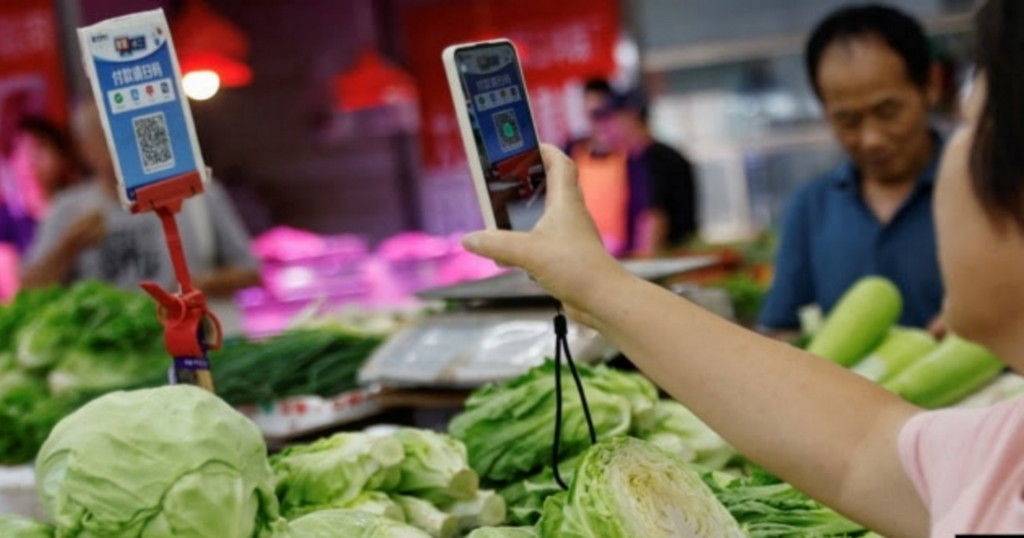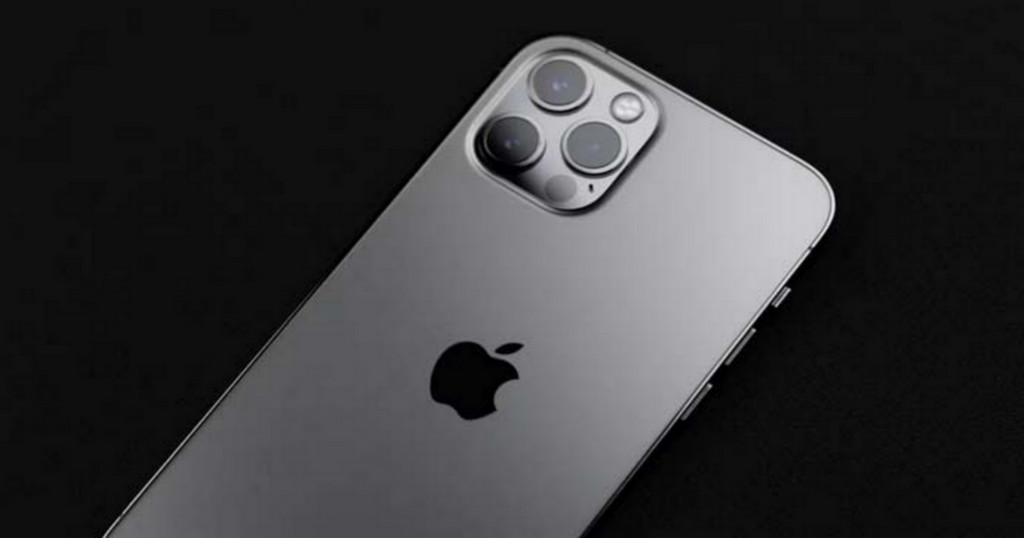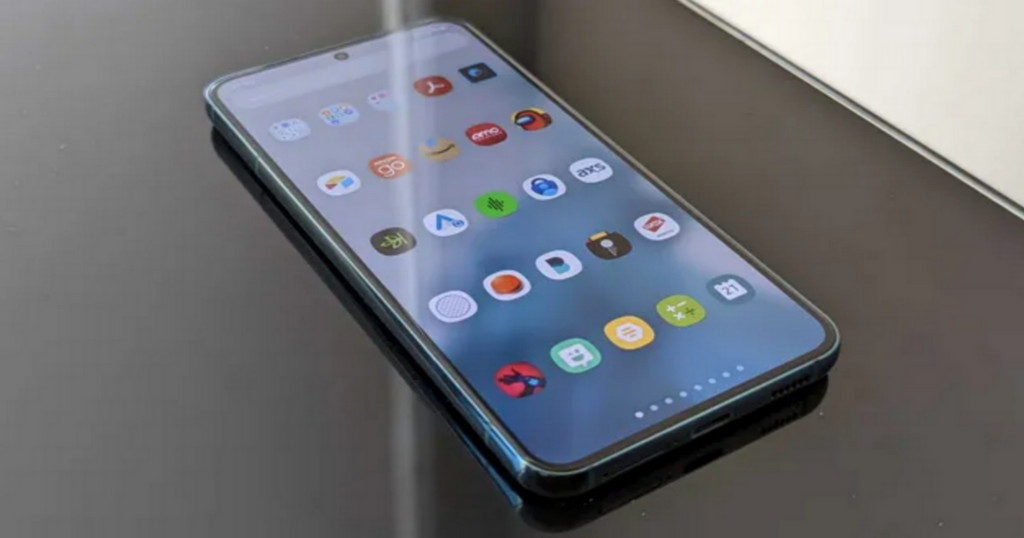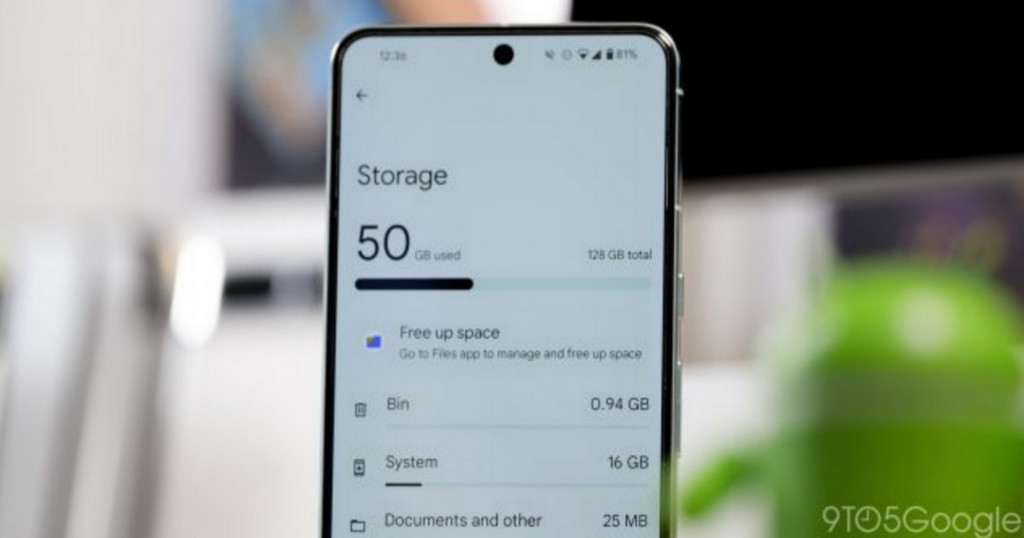





Indonesia Grows QR Installment Framework to Increment Chinese Spending
JAKARTA, INDONESIA —
Indonesia is growing utilization of an installment framework is well known in China as a way for Chinese vacationers to spend effectively at even the littlest shops.
The extended installment framework utilizes QR codes. In spite of the fact that it is fundamentally pointed toward creating local interconnectivity with other Southeast Asian countries, it plays into Indonesia’s work to draw in Chinese travelers. The national Bank Indonesia is extending its QR installment framework to remember Chinese banks as well as banks for Japan and South Korea, two other vacationer sources.
In China, QR payments are common, and they can be used to buy anything from snacks to one-of-a-kind items from luxury boutiques. QR code payments, which link directly to a payee’s bank account via mobile phone, accelerated the adoption of contactless payments and rendered credit cards nearly as obsolete as cash. The authority Individuals’ Everyday revealed that a 2022 report by the Installment and Getting Affiliation free from China saw as 95.7% of Chinese cell phone clients pay with QR code filtering.
Indonesia’s minister for tourism and creative economy, Sandiaga Uno, stated, “We want to increase the number of Chinese tourists coming in,” as well as the length of their stays and the amount they spend. The service held its first “Magnificent Indonesia” special occasion in China in May 2023, the first in quite a while.
According to Wisnu Sindhutrisno, director of regional tourism marketing at Indonesia’s ministry of tourism and creative economy, the ministry set a goal of bringing in up to 1.5 million Chinese tourists by 2024 by promoting activities like elephant bathing and chocolate making.
Statista reports that 2,072,000 Chinese tourists visited Indonesia in 2019 and 858,000 Chinese tourists visited Indonesia in 2013 prior to the pandemic’s disruption of travel.
Starting from the acquaintance of QR installments with Indonesia in 2019, Indonesians have embraced the country’s Fast Reaction Code Indonesian Norm, or QRIS, with utilization significantly increasing essentially consistently since. Over 29 million merchants, the majority of which are small and medium-sized businesses, were registered with QRIS in October 2023, according to Indonesia’s central bank. The national bank likewise recorded more than 1.6 billion exchanges with a worth of $16 billion, an increment of 186%.
On the sidelines of the G20 Leaders’ Summit in Bali, Indonesia, on November 14, 2022, a memorandum of understanding (MOU) was signed with the goal of bringing together the banking systems of Singapore, Indonesia, Thailand, Malaysia, and the Philippines’ QR code payment systems. Albeit every nation has its own public QR framework, connecting permits clients to do a QR sweep to make installments straightforwardly from their home bank to a vender of labor and products in another country, ordinarily at preferred transformation rates over those set by Mastercards.
Indonesian President Joko Widodo predicted that the cross-border payment initiative would reach the global level as the MOU was signed in a video statement. Perry Warjiyo, the governor of Bank Indonesia, stated that the MOU would facilitate payments throughout the region “very quickly and easily.” He portrayed the framework as an initial step into a worldwide computerized world.
The MOU was signed by Vietnam in August 2023. Bank Indonesia Delegate Lead representative Filianingsih Hendarta said Indonesia marked a MOU with the National Bank of the Unified Bedouin Emirates for QRIS in December 2023. Furthermore, Japan’s Service of Economy, Exchange, and Industry reported last week that Japan and the Relationship of Southeast Asian Countries intend to bring together QR installment frameworks.
The other side to the extended QR installment framework implies Indonesian vacationers will actually want to shop involving rupiah in partaking nations. In 2023, approximately 221,600 Indonesians went to China.
Cindy Tan is an independent visit pioneer in Jakarta who has been driving excursions to China for Indonesians for a very long time. She accepts the extended QR installment framework will smooth out installments for her clients as they travel in China. She imagines paying in China utilizing the QRIS framework as opposed to managing numerous choices, including Alipay, one of China’s QR installment frameworks.
“In China, I for the most part pay utilizing cash on the grounds that occasionally it’s simpler,” she said, adding that external enormous urban areas, it very well may be challenging to pay utilizing Visa and Mastercard in light of the fact that “ordinarily they will not acknowledge worldwide Mastercards.”




